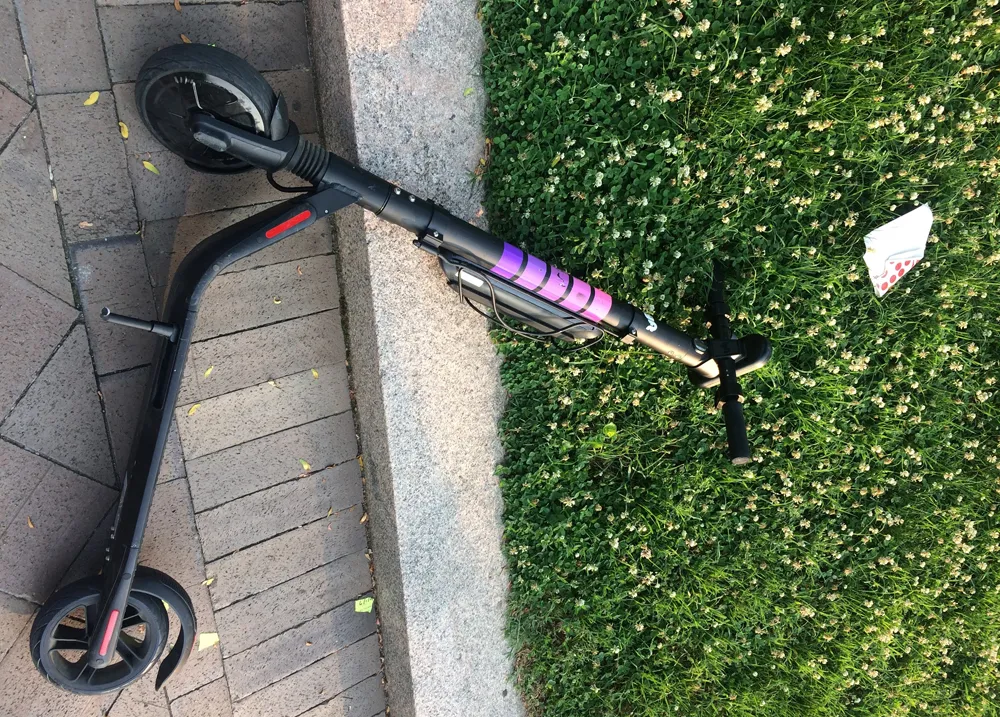
NKM Mobilitas will install 12 of
The company is a subsidiary of National Utilities, the state Hungarian provider which supplies gas and electricity to households in the country.
NKM Mobilitas plans to work with local governments and municipalities to implement 100 e-chargers across Hungary by the end of the year under the name Mobiliti.
Szabolsc Balogh, managing director of NKM Mobilitas, says the chargers use liquid cooling technology to reduce future maintenance requirements.
“There is no need for regular filter replacement as is common with air-cooled fast chargers,” Balogh adds.
The firm is also considering looking into charging solutions for B2B customers such as retail networks, shopping centres, bank offices, delivery businesses and transporters.










